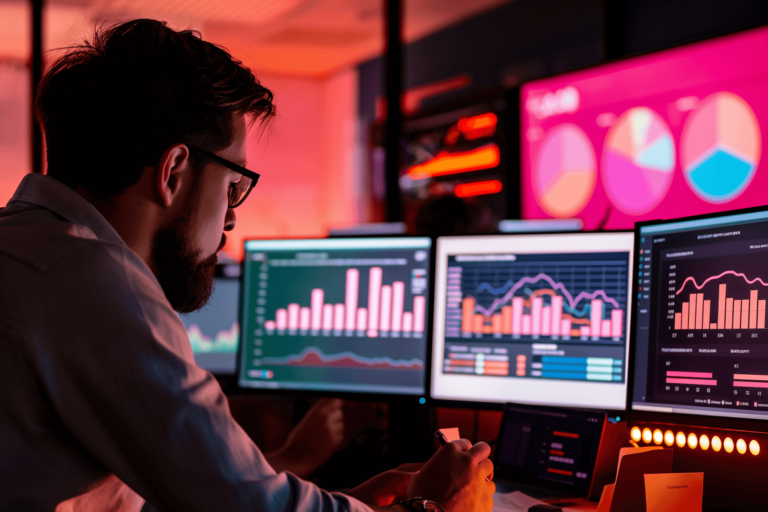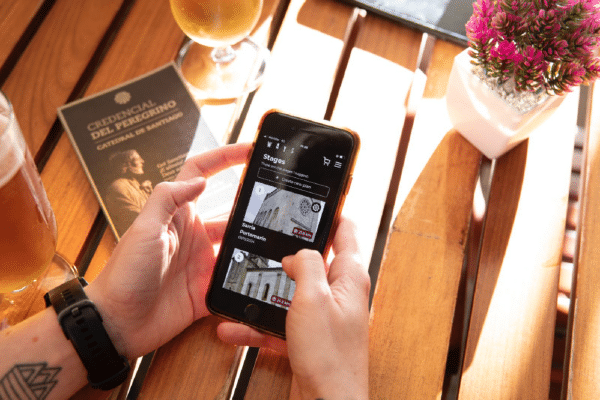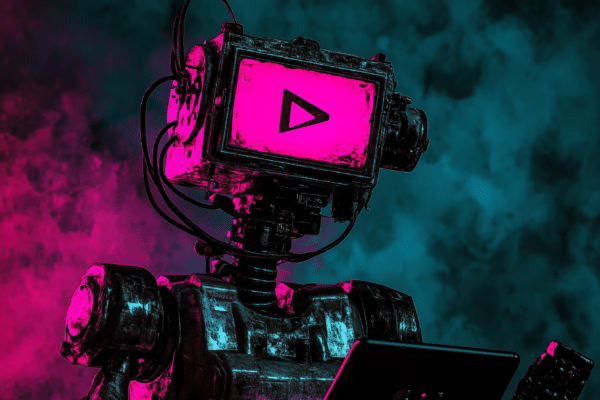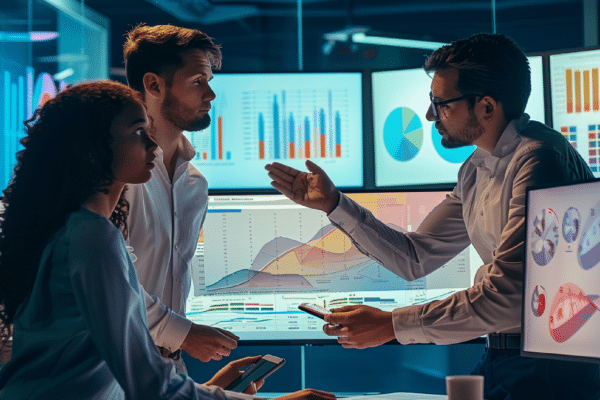Influencer marketing has undergone a significant transformation with the integration of artificial intelligence (AI). This trend is revolutionizing the way brands engage with their audience. This phenomenon, which has intensified in recent years, promises to redefine advertising strategies and optimize the results of campaigns.
This type of marketing has emerged as an extension of digital word of mouth and has evolved from simple celebrity collaborations to partnerships with micro- and nano-influencers. With their ability to reach specific niches and cultivate an authentic connection with their followers, these influencers have proven to be valuable branding tools. They can pay less than celebrities on social media and reach a wider audience.
AI platforms analyze vast amounts of data to identify the most suitable influencers for a campaign based on criteria such as follower demographics, engagement rates and published content. These technologies enable brands to make informed decisions and maximize return on investment (ROI).
Examples
Influencity is a platform that uses AI to help brands find the perfect influencer for their campaigns. It analyzes millions of profiles and provides detailed data on the reach and quality of each influencer's followers. This allows brands to select the people who best align with their goals and values.
HyperAuditor uses artificial intelligence to identify and analyze influencer accounts and detect fraudulent practices such as buying followers or using bots. This tool ensures that brands work with authentic influencers and guarantees transparency and campaign effectiveness.
More generally, AI-powered chatbots and virtual assistants are increasingly being used to interact with influencers' followers. These systems can answer questions, make product recommendations and personalize the user experience. For example, many brands use a chatbot to help customers find suitable products.
AI can use predictive analytics to determine the best time to publish content or recommend the types of posts that generate the most interactions. This makes artificial intelligence an important ally for brands, helping to ensure that the message reaches all users and potential customers.
Data protection
Despite the benefits, the integration of AI into influencer marketing also brings challenges. The most important of these is data protection. Brands must ensure that the use of user data complies with data protection regulations and is handled ethically.
There is also a risk of dehumanizing the creative process. While AI can optimize and personalize content, it is important to preserve the human touch and creativity that characterize marketing.






